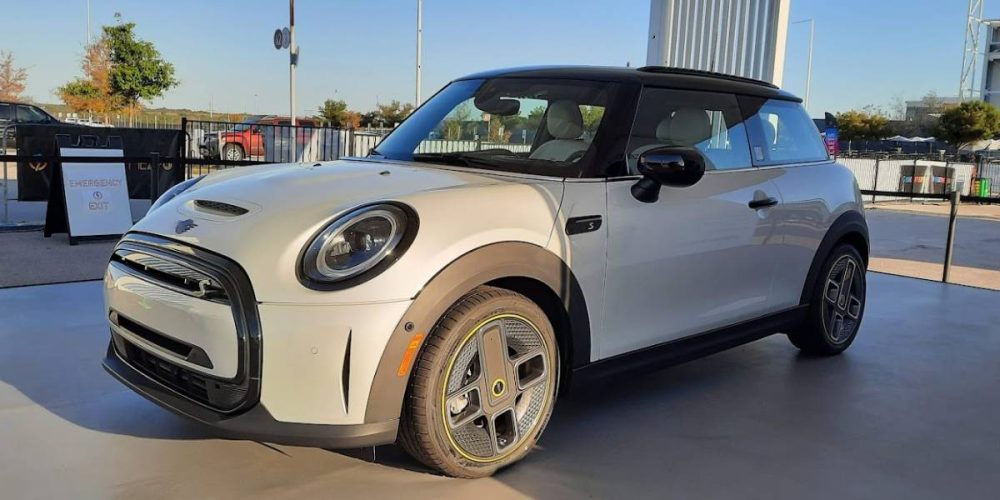
The BMW Group had an incredibly successful 2021, with its BMW and Rolls-Royce brands posting record sales. The big news, however, is on the electric side, with sales of battery EVs from BMW and MINI more than doubling over 2020.
The BMW Group posted year-over-year sales growth of more than 8% last year, with a total of 2,521,525 BMW, MINI, and Rolls-Royce brand vehicles delivered to customers.
It’s worth noting that this record-setting performance didn’t include the launch of some new high-volume/entry-level model for any of the company’s brands. If anything, this was a push upmarket, with BMW-branded sales reaching an all-time high of 2,2 million units (up 9%), while Rolls-Royce Motor Cars reported the highest sales in the brand’s 117-year history and the electric MINI Cooper SE became that brand’s highest-volume offering (up 98% from the year before). All in, the BMW Group’s sales of fully electric vehicles (not some BS “electrified” vehicles) rose more than 133%, to 103,855 units.
BMW’s Pieter Nota, member of the board of management responsible for customer, brands, and sales, underscored the company’s ability to navigate supply chain issues and chip shortages in the company’s press release, saying, “We achieved a strong sales performance in 2021, thanks to a powerful operational performance and stellar product line-up. Our brands reported numerous all-time best sales results around the globe – spearheaded by the BMW brand, which is number one in the global premium segment.”
Speaking on plug-in cars in general and BEVs in particular, Nota added, “With more than 100,000 fully electric vehicles sold last year, ramping up electromobility was our clear focus.”

BMW seems to “get it”
2021 really was a banner year for electrified BMWs. With 37,939 BMW iX3 vehicles sold in 2021, nearly one in 10 BMW X3s sold globally was fully electric. Nearly one in four BMW brand cars sold in Europe (23%) was “electrified” (which — I know), too, with even the nine-year-old i3 posting solid, 5% growth over 2020.
Over at MINI, the story is largely the same – only more so, with the battery-electric Cooper SE making up nearly a third of three-door Cooper sales.
This year, we can expect even more electric car growth from BMW, thanks to the launch of the BMW iX and the i4 models late last year, to be followed by fully electric versions of the BMW 7 Series, BMW X1, and a freshened MINI Cooper SE that will debut later this year.
Electrek’s Take
Much like its neighbors at Audi and Mercedes-Benz, BMW has been losing ground to Tesla in the premium car market for years now – and they fully realize they need to embrace electrification if they’re going to stay relevant in the years to come. Part of that will involve following in Tesla’s footsteps to develop comprehensive “end-to-end” customer experience that starts in the information gathering phase online, carries through to the purchasing experience, and into the delivery.
For its part, BMW seems to understand that, too, and seemingly put its franchise dealer network on notice with this paragraph, buried in a section titled, “Systematic digitalisation of customer interface paves the way for sales success in the future.”
For instance, as well as offering intuitive configuration to simplify the purchasing process, pre-configured new vehicles and newer used cars across the entire model range can already be bought online in the BMW Group’s domestic market of Germany. By 2025, the company plans to sell around a quarter of its vehicles entirely online.
BMW Group press release.
If I were a BMW dealer, I’d be investing heavily in EV training for my sales and service staff. On that note, click here to search local inventories and deals on a new BMW iX crossover.
Source | Images: BMW Group.
FTC: We use income earning auto affiliate links. More.





Comments